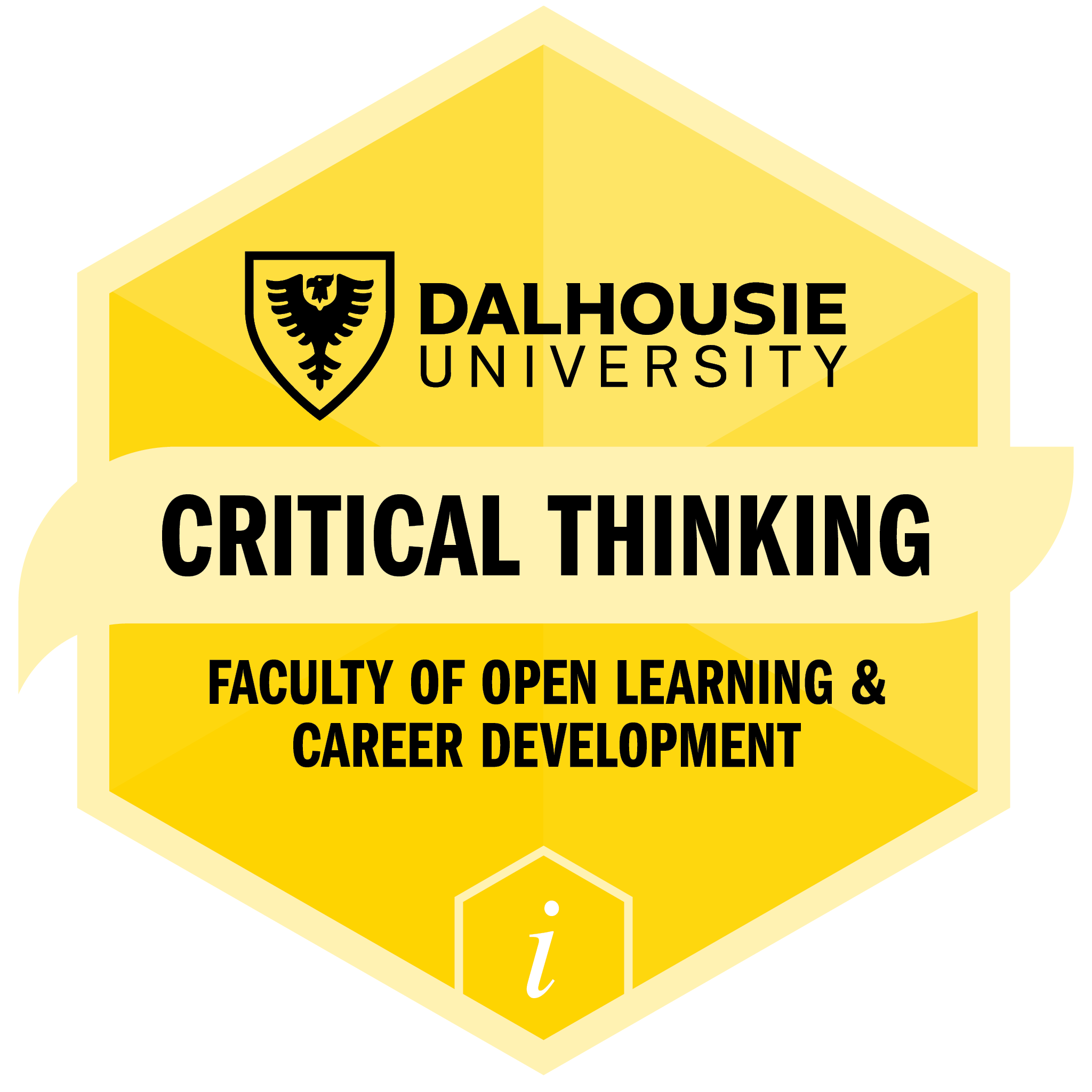Course Description
The course is a practical introduction to critical thinking, decision-making and problem-solving as needed for leaders in today’s complex and rapidly changing contexts. It will teach you frameworks, strategies and skills with which to navigate the decisions, issues and challenges we encounter as leaders today. You will also learn to approach short, medium and long-term decisions and problems with confidence in your evaluation of data, application of decision-making tools and inclusive collation of multiple perspectives. Participants will use scenarios to explore the complexity and pressures of today’s decision-making and problem-solving.
Course Outline
- Critical Thinking Definitions and Models
- Barriers to Critical Thinking
- Recognizing and Overcoming Bias
- Communication and Critical Thinking
- Decision-Making Models
- Gathering, Evaluating, and Interpreting Data
- Bad Data and Misinformation
- Inclusive Decision-Making and Problem-Solving
- Idea Generation and Creative Thinking
- Problem-Solving in the Real World
- Cases Studies in Decision-Making
What You Will Learn
Upon completion of this course, learners will be able to:
- Critically evaluate communications, ideas, perspectives, information and data.
- Approach challenges and problems analytically and systematically, applying approaches that are appropriate to the context.
- Use data effectively in your problem-solving and decision-making.
- Integrate multiple perspectives into your problem-solving and decision-making.
- Select solutions to current problems through an objective solution evaluation process appropriate to the context.
- Manage ambiguity and uncertainty in your decision-making and problem-solving.
Microcredential

This course provides learners with the opportunity to earn a microcredential. A microcredential is evidence of a skill or competency that is employment related. Dalhousie microcredentials are developed in collaboration with employers, industries, and/or organizations that relate to the content. A microcredential can be displayed on social media pages, digital resumes, personal webpages, and in email signatures. To earn the microcredential in this course, learners will need to successfully complete a competency-based assessment.
Learn more about this Leadership microcredential on our website.
Notes
The Faculty of OLCD recommends an intermediate level of English language proficiency for the most effective learning and participation in our online and face-to-face courses. A list of minimum recommended scores on some common English tests can be found on our website. If you have questions about your English language proficiency and ability to succeed in this course, please contact openlearning@dal.ca.
Prerequisites
There are no prerequisites for this course.Recommended For
This course is recommended for:
- Aspiring, new or current leaders who need to think critically and solve problems in rapidly changing, high-stakes situations and contexts.
- Current leaders who are not confident solving problems and making decisions in situations in which the information is incomplete or changing quickly.
- Current leaders or managers who would like a refresher on how to think critically, make decisions and solve problems in the high-pressure complexity of today’s situations.
Testimonials
"I highly recommended for those in Military leadership positions to greatly improve your daily decision making by analyzing how themes of bias, communication, data, creativity and being curious can make us better thinkers and leaders."
~ Lt Cdr Gregory Johnston, RN
Applies Towards the Following Certificates
- Certificate in Creative and Critical Leadership : Required
- Certificate in Police Supervisory Skills : Electives
- Public Safety Communicator Leadership Certificate : Required